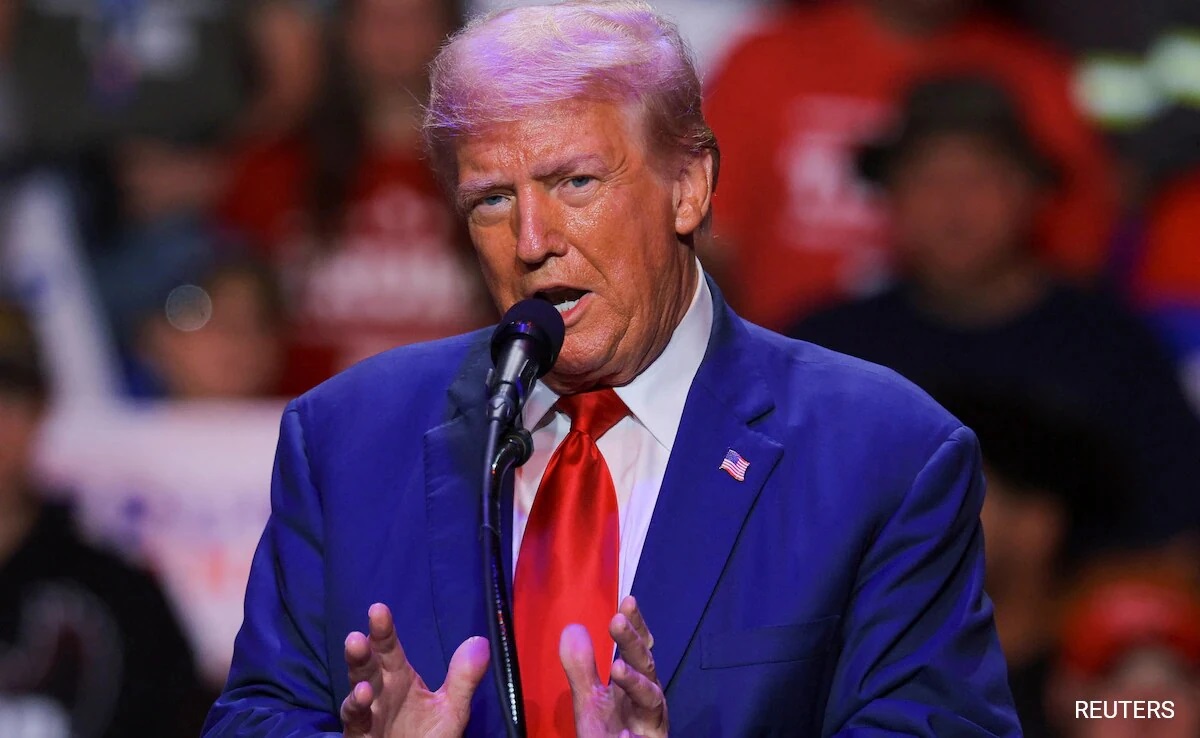Trump Proposes 15% Cap on International Students as Enrolment Slips

The United States may soon limit international undergraduate students to just **15 % of total enrolment** under a new federal proposal. This comes at a time when foreign student numbers are already declining sharply—particularly among African and Asian cohorts.
Quick Insight: The proposed cap also includes a per-country limit of 5 %, formalizing a trend of growing visa restrictions and administrative obstacles that are already shrinking international pipelines.
1. The Shrinking Pipeline
• New visa policies and delays have deterred many prospective international students.
• Enrolment from Asia and Africa has dropped significantly, especially at the graduate level.
• Many universities are already experiencing budget stress and program cuts as foreign revenues fall.
• The incoming 15 % ceiling seeks to codify what is already happening in many systems.
2. Institutional & Academic Consequences
• Universities highly reliant on international tuition may face major revenue shortfalls.
• Research programs, particularly at the graduate level, risk losing talent pipelines and funding.
• Schools may respond with austerity: hiring freezes, program consolidation, or cuts to scholarships.
• The cap could shift admissions strategies, favoring domestic students over global merit.
3. Risks, Critiques & Long-Term Effects
• A uniform cap may unfairly penalize smaller countries with fewer applicants.
• It risks weakening the US’s competitive edge in attracting global talent.
• Universities may be pushed to lower standards or shift aggressively toward domestic recruitment.
• If the cap is poorly timed, it could exacerbate revenue declines already in motion.
Global & African Perspective
• This move signals a tightening of borders in education—international mobility could become politically constrained.
• African students may face greater barriers to studying in US institutions, redirecting flows to other destinations.
• African universities should enhance their global competitiveness—invest in quality, research, and collaboration.
• Long term, capacity building and local innovation are crucial: countries must reduce dependence on sending students abroad.
